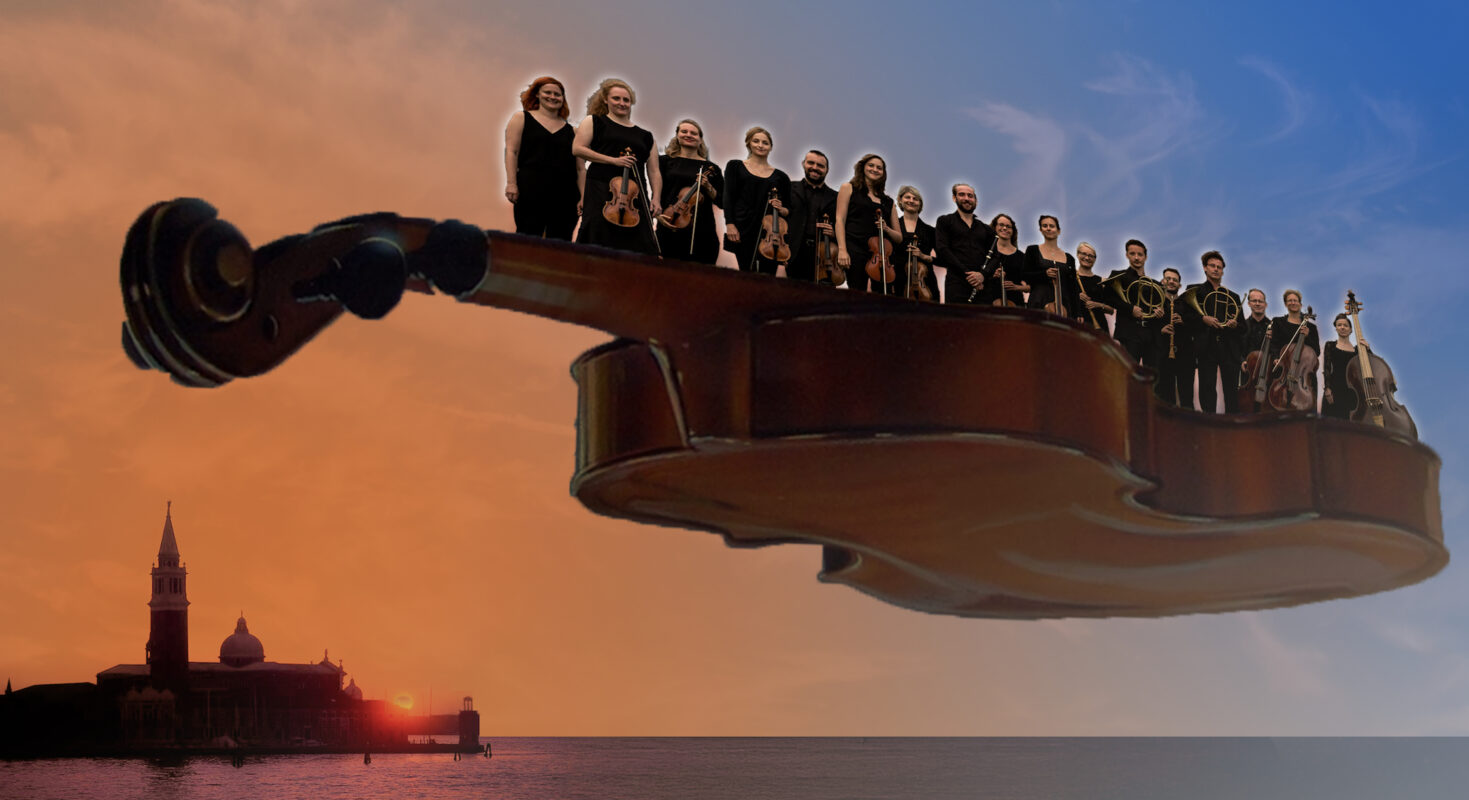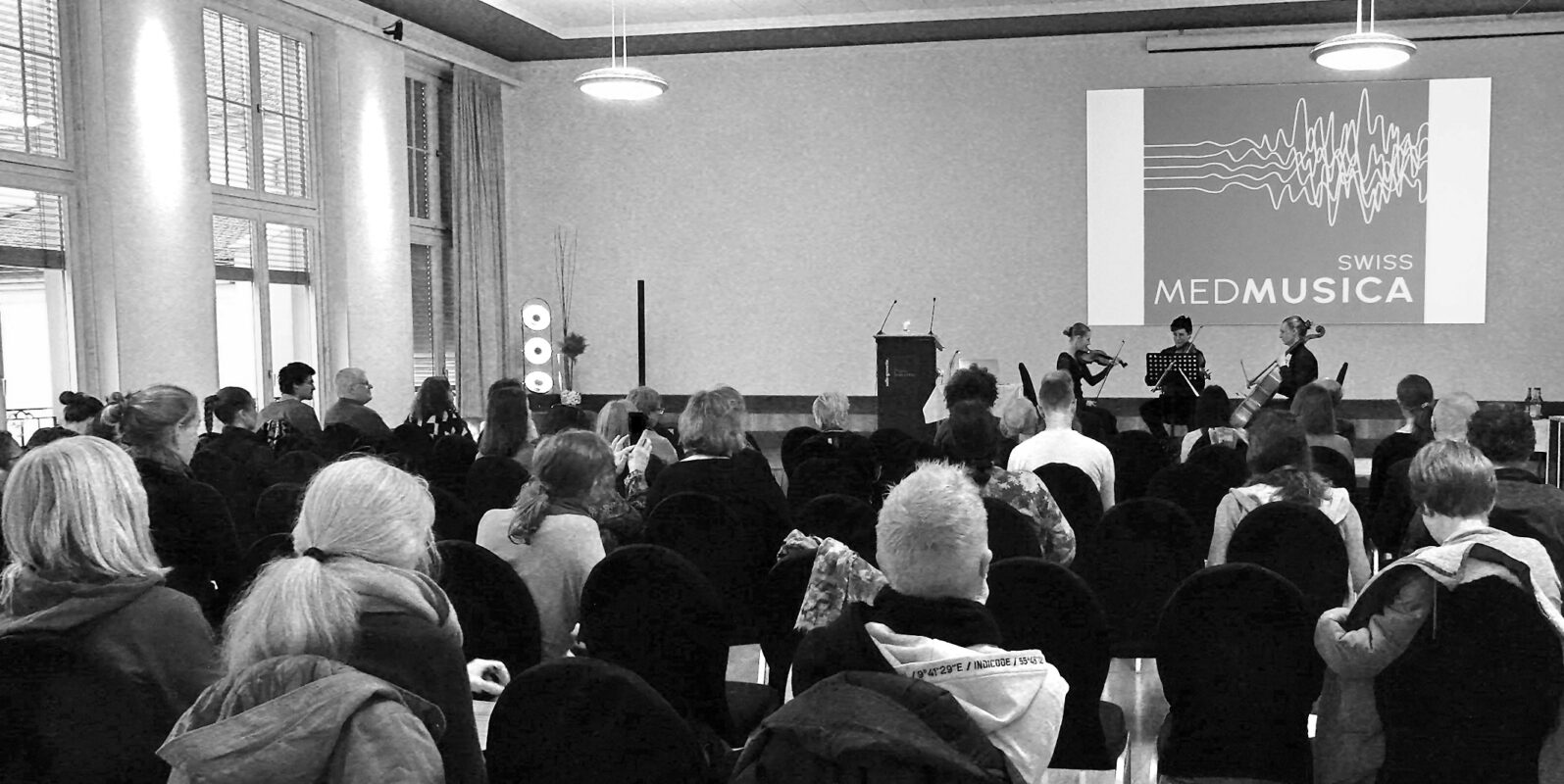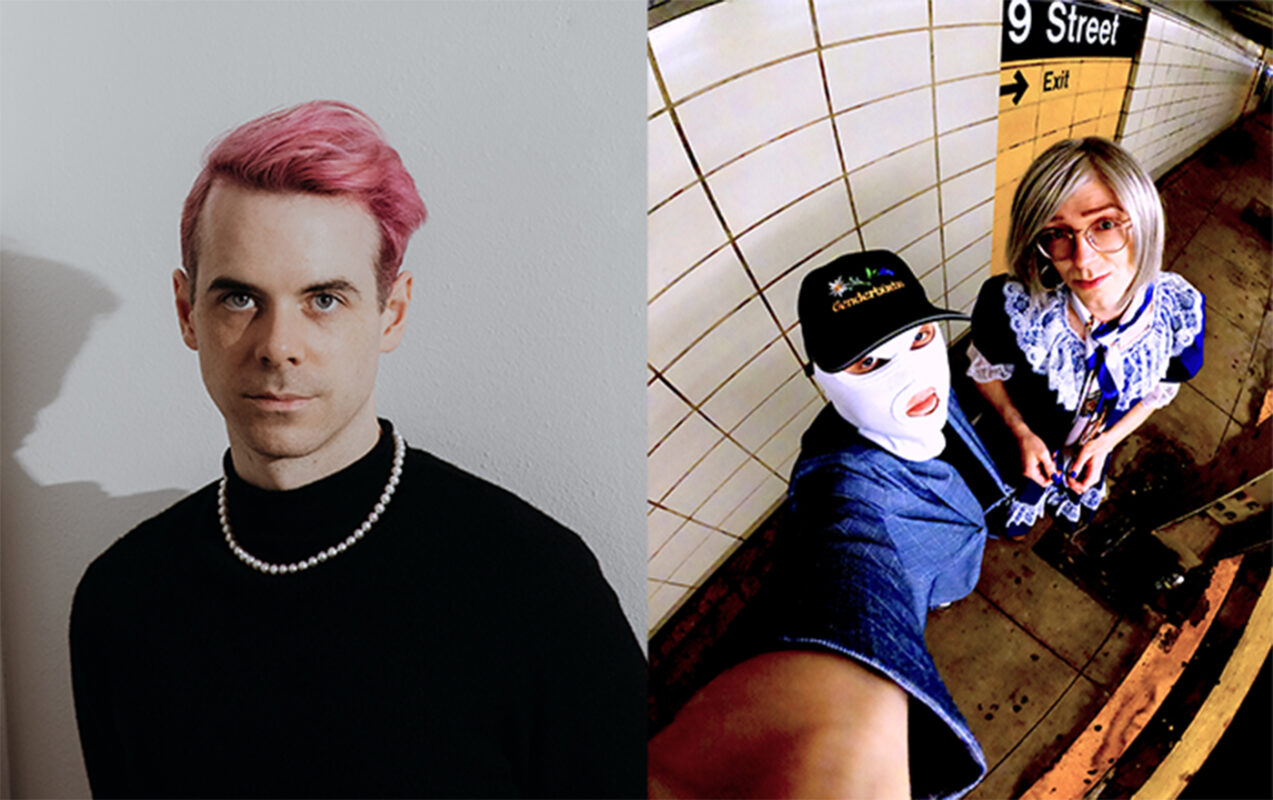Conference: Professional music education
On June 23 and 24, 2025, the Zurich University of the Arts will host a conference with presentations and eyewitness accounts on the history of the Department of Music from 1873 to the present day.
For over 150 years, there has been an astonishing variety of schools for aspiring professional musicians in the canton of Zurich. Today, these have all been incorporated into the Department of Music at the ZHdK. The period around the turn of the millennium was particularly marked by mergers, integrations and reorganizations. The merger of the Zurich Conservatory and the Zurich Academy of Music was followed by the merger with the Winterthur Conservatory, the integration of the Drama and Dance Academies, the connection with the Rhythmics Seminar, the courses in school and church music and finally the major merger with the Academy of Art and Design to form today's ZHdK. The different origins and histories of the sub-institutions can still be felt today. But a precise analysis of the institutional changes and the external and internal forces that influenced these changes is still pending. For this reason, the Institute for Music Research at the ZHdK has begun to examine the files and minutes, annual reports and house newspapers. It has become apparent that not even the names of all students and lecturers since the founding of the various schools are known.
Until 1944, there were four institutions in the Canton of Zurich where professional musicians were trained: the Winterthur Music School (from 1952 also a conservatory; founded in 1873), the Zurich Conservatory (founded in 1876), the Zurich Music Academy (founded in 1891) and the José Berr Private Conservatory (1913-1944). There is therefore enough material to show the differences in the development of the schools that have become part of today's Department of Music.
However, when reviewing the written documents, it has also become clear that the most important revolutions are often not named precisely because they were all too familiar to everyone involved at the time.
For this reason, our conference will not only consist of presentations summarizing historical facts about individual sub-schools, but also of open discussions with contemporary witnesses of the time, as previous work has shown that personal constellations, temporary slogans and political calculations were behind the decisions of the time, which in turn determined the atmospheres within the schools concerned. The Bologna reform and the commitment of universities of applied sciences to research also accompanied the processes mentioned in terms of time and content. Ultimately, these retrospectives lead to the question of how the music education of students has changed against the background of institutional changes and whether the achievements of that time have not also brought about setbacks.
The invitation to participate in this conference is therefore addressed to all those who are interested in questions of professional music education, who themselves - within the Canton of Zurich or outside - have taken part in these changes as students or teachers and would like to reflect on them today. The research project "Professional Music Education in the Canton of Zurich" will incorporate the results into further work and aims to place the particularities of developments in Zurich in the broader context of music education in Europe. After all, what would music research be if it did not include the biographical, pedagogical and institutional foundations on which every musician, and thus ultimately the whole of musical life, is based?








